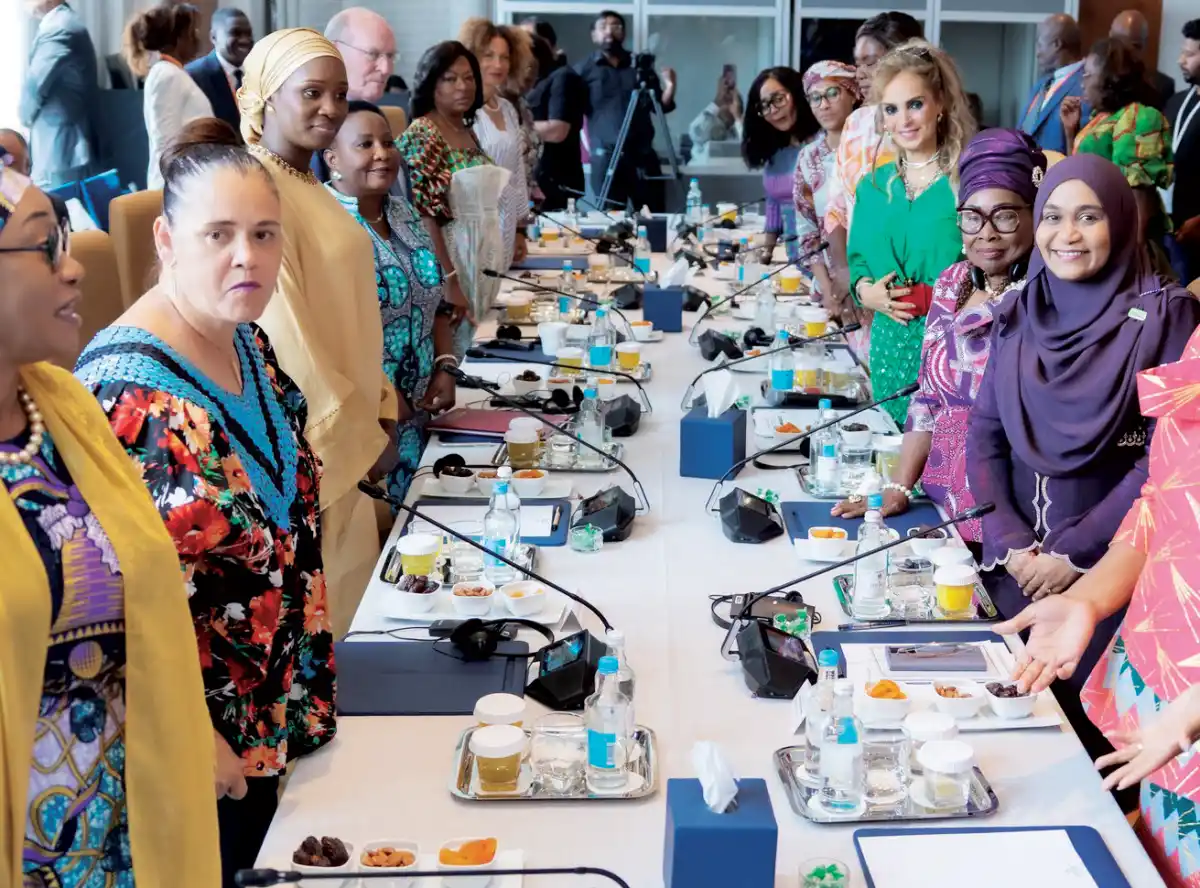
By Gideon Chirwa-Manhattan New York

The integrity of an electoral commission is foundational to the democratic process, ensuring that elections are conducted fairly, transparently, and without bias. Recent Facebook post by Richard Chapweteka, the commissioner of the Malawi Electoral Commission (MEC), raises serious concerns about the impartiality of the upcoming elections.
By publicly undermining and scoffing Honourable Nthambi’s post (which said “A return to proven leadership: APM 2025”), Chapweteka was clearly expressing support for the MCP, or at the least, being anti DPP and anti-APM. Chapweteka has not only displayed personal bias but has also compromised the perceived neutrality of the MEC.
An electoral commissioner holds a position of immense responsibility and trust. Their role demands an unwavering commitment to neutrality to maintain public confidence in the electoral system, especially in a young democracy such as Malawi. When such a figure openly shows disdain against a political party, it casts doubt on the fairness of the electoral process. Voters may question whether the elections will be conducted impartially or if the results will be manipulated to favour a particular party.
The timing of Chapweteka’s actions exacerbates the issue. With Malawi heading into elections next year, the need for a trusted and unbiased electoral commission is more critical than ever. Public trust in the electoral process is essential for ensuring high voter turnout and acceptance of election results. Any perception of bias can lead to political instability, protests, or even violence, undermining the very fabric of democracy.

Moreover, Chapweteka conduct sets a dangerous precedent for other officials within the commission. If left unaddressed, it may signal that openly partisan behaviour is acceptable among those tasked with safeguarding the electoral process. This could lead to a cascade of bias throughout the institution, further eroding public trust and compromising the legitimacy of the elections.
It is imperative that Chapweteka’s actions are publicly condemned to reaffirm the commission’s commitment to neutrality. The electoral committee should take immediate steps to address this breach of conduct, which may include an official reprimand, suspension, or even dismissal if necessary. Additionally, implementing stricter guidelines and training on impartiality for all commission members could prevent similar incidents in the future.
The citizens of Malawi deserve an electoral process free from bias and undue influence. Upholding the integrity of the electoral commission is not just about maintaining procedures; it’s about preserving democracy itself. By taking decisive action against Chapweteka’s misconduct, the electoral committee can begin to restore public confidence and ensure that the upcoming elections are conducted with the fairness and transparency that the people expect and deserve.
The public condemnation of Chapweteka’s biased conduct is not merely an administrative necessity but a democratic imperative. It will send a clear message that impartiality is non-negotiable in the management of elections. Only through unwavering commitment to these principles can the integrity of the electoral system be preserved, ensuring that the will of the people is accurately and fairly represented.
Electoral justice must be done, and also seen to be done. If Chapweteka is left scot-free, the impartiality of the MEC in the 2025 elections will hang in the balance.





0 Comments